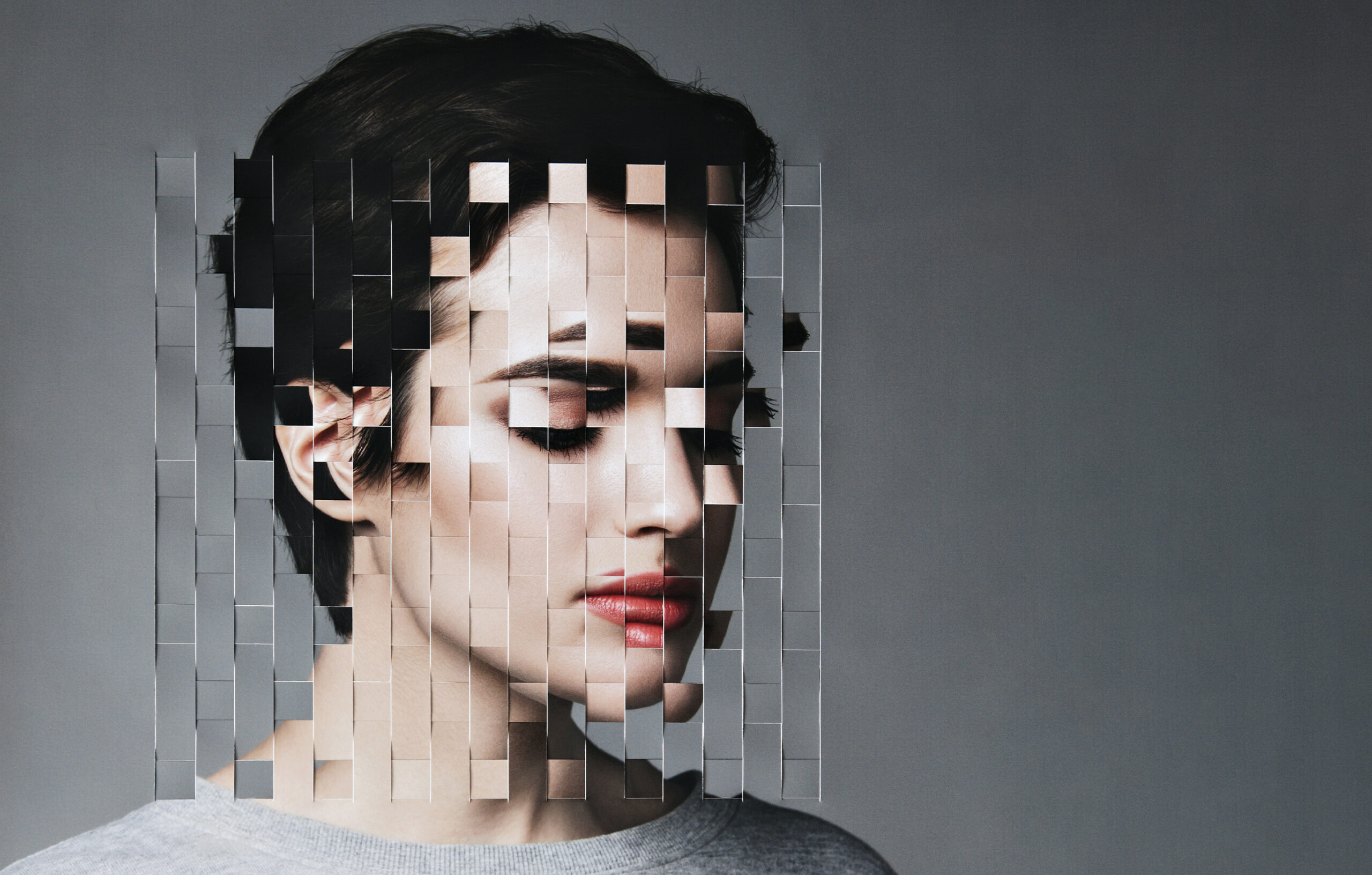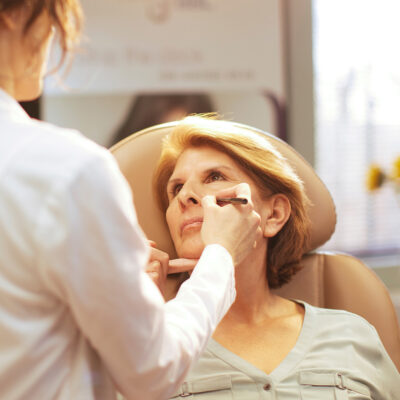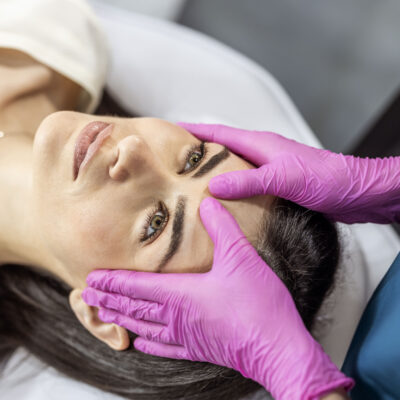Tons of people have a desire for plastic surgery, but envisioning the final result can be a roadblock. But what if you could try on your new features before making the plunge? In the modern age, 3-D imaging and printing make that possibility a reality. Ahead, experts share their experiences with these technologies in the world of aesthetics.
Featured Experts
- Jeffrey B. Wise, MD is a board-certified facial plastic surgeon in New York City
- Raman Mahabir, MD is a board-certified plastic surgeon in Tuscon, AZ
- Oren Tepper, MD is a board-certified plastic surgeon in New York City
Try It On
“For us, 3-D technology is the whole journey, from your pre-op consultation to how we use it during surgery and post-op. The idea of using 3-D imaging before surgery has been a powerful tool for some time, but we are taking that one step further and making it applicable to what we do in the operating room. So, instead of me talking ‘at’ a patient and having them hold up a mirror, we can pull up their 3-D images and manipulate them on-screen, allowing for a real conversation about expectations. We then take the 3-D printed mold with us into the operating room to ensure our work isn’t done until that result is achieved.”—New York plastic surgeon Oren Tepper, MD
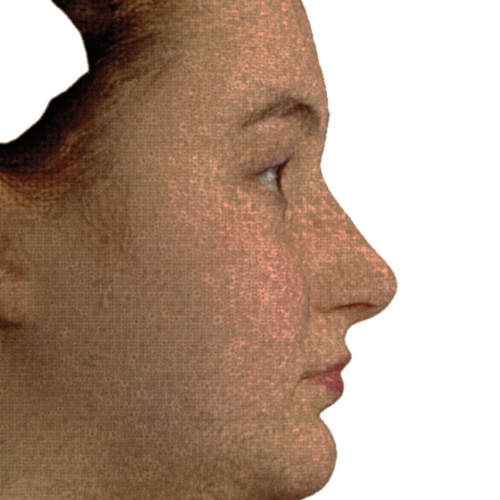
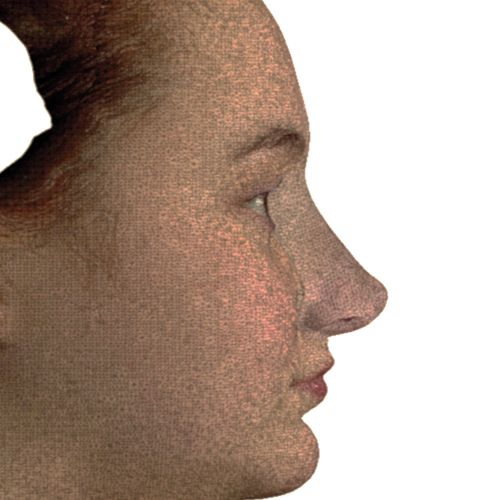
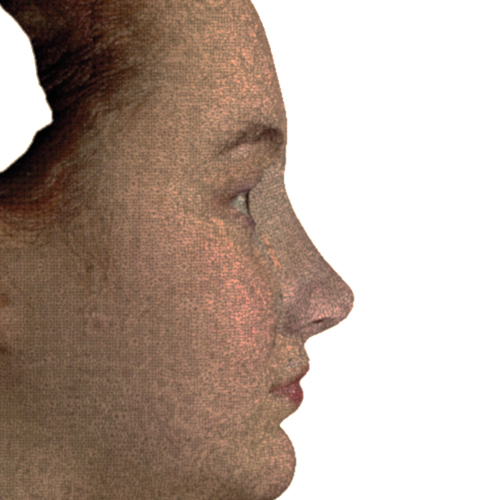
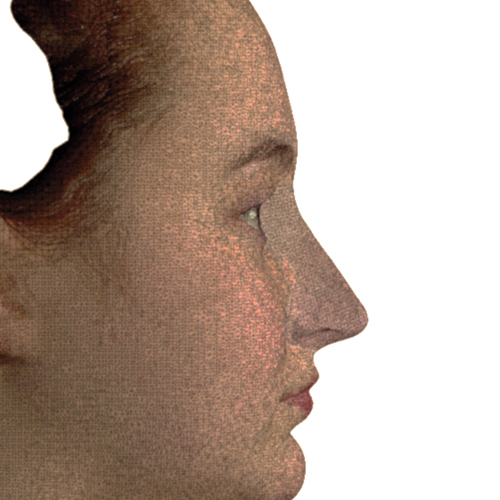
At Dr. Tepper’s New York plastic surgery practice, patients experience the benefits of 3-D imaging for procedures like breast augmentations, breast reductions and even face fillers. But, there’s also one special feature, which is the ability to try on celebrity noses. While many patients desire celebrity noses, it’s hard for them to picture these famous features on their own faces. Now, they can literally “try on” a range of ideal noses to help guide their decisions. Above, see how I looked with three popular celebrity noses.
Revision Rhinoplasty
“At our practice, we currently utilize 3-D imaging for rhinoplasty simulations in almost every case. It allows patients to view their potential results in three dimensions at an infinite number of angles. We also use these images in the operating room to guide us during the surgery.”—New York facial plastic surgeon Jeffrey B. Wise, MD
Cons to Consider
“While 3-D technology is an exciting frontier and allows for patients to have a better understanding of realistic results and expectations, there are some downsides to this technology, like increased cost and the possibility of over-promising results. There is definitely a risk of overpromising and under-delivering when using these technologies. Additionally, the cost of the 3-D devices used within a practice are high, and utilizing them in consultations runs a higher price tag for patients.”—Tucson, AZ plastic surgeon Raman Mahabir, MD





